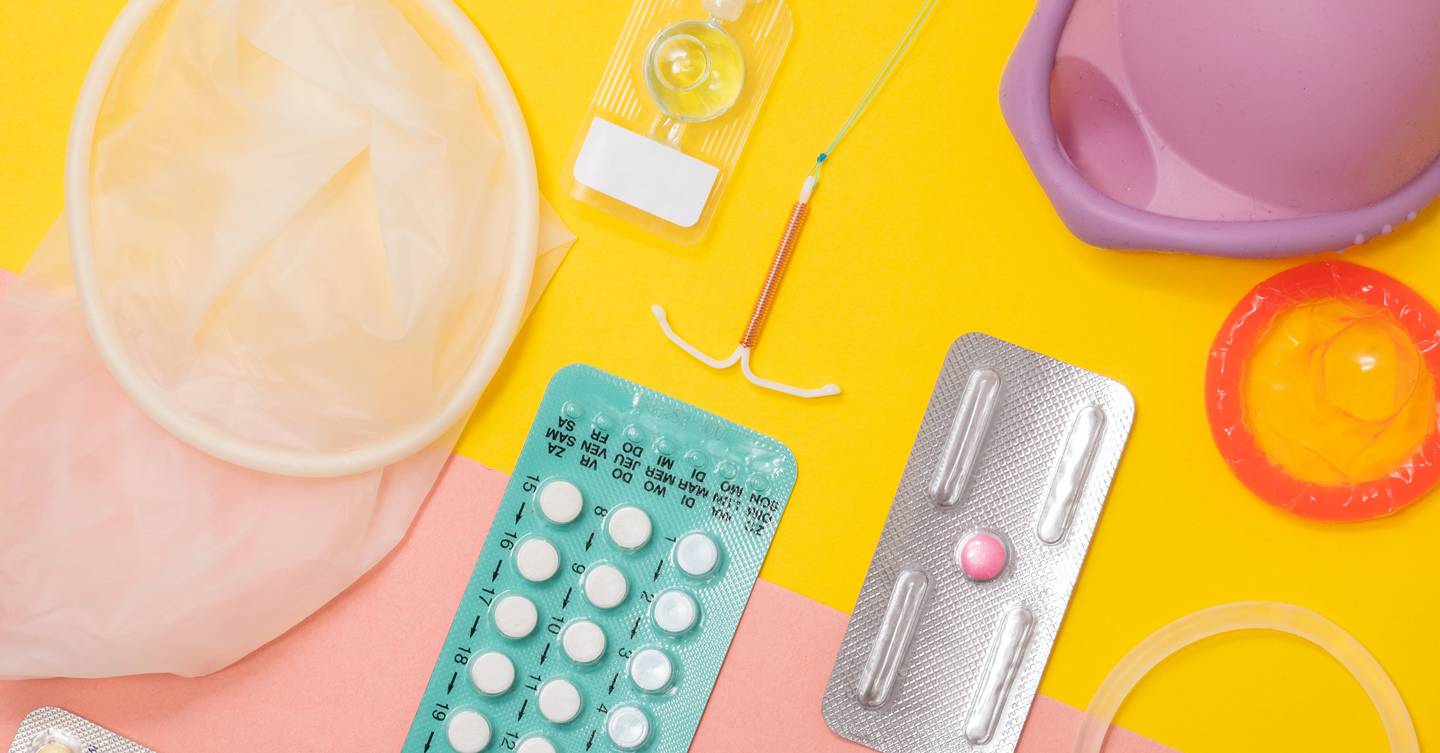When we first entered into lockdown on the 23rd of March, no one really anticipated or planned for us to still be here over two and a half months later.
While we were busy stockpiling toilet roll, few of us were future-planning our contraception to see us through weeks and weeks of staying home. Even though restrictions are lifting (and access to healthcare has been available throughout the entire pandemic), many of us are still nervous to head to our local doctors surgery and sit in a waiting room with sick people, while concerns around social distancing continue.
To address many of the questions we might have, Faculty of Sexual and Reproductive Healthcare contributor and family planning specialist, Dr Pratima Mehra, has provided advice on where to seek help and what to do when considering changes to your contraception.
Where is the best place to go if I’m concerned about my contraception?
“Your first port of call should be the place you usually access care for your sexual or reproductive health – that could be your GP, or your local sexual health or family planning clinic,” says Dr Mehra.
But, to avoid exposing yourself and medics unnecessarily, don’t attend the clinic in person. “Make contact by telephone or email instead. If they are not able to help you, they should direct you to other services that can,” Dr Mehra adds.
How can I collect my prescription safely?
“Your service provider will tell you how you can collect any necessary medication,” says Dr Mehra. “Most GPs will be able to send an electronic prescription to the pharmacy of your choice for you to collect. Many contraceptive services are posting prescriptions or medication to patients.” If you’re in a vulnerable category, you may be able to get your prescription delivered directly to your door (speak to your GP about this). If not, and you need to go to the pharmacy to collect it, make sure you stick to social distancing (measures will be in place to maintain this in the pharmacy) and take precautions like wearing a face mask.
Should I stockpile contraception just in case lockdown continues?
“Contraception is still available free on the NHS,” says Dr Mehra. “There is no need to ‘panic buy’ – please only order what you need.”
What should I do if my coil or implant is due to expire?
“Some forms of long-acting reversible contraception are very likely* to be effective for contraception for a year or more longer than is usually recommended (*though any individual queries regarding long term contraceptives should be discussed with a health professional and the patient will be signposted appropriately). They don’t cause health problems if used for longer, so you may be advised to postpone replacement for the time being,” says Dr Mehra.
“For example, banded copper IUDs, such as T-Safe®, are licensed for 10 years but don’t cause health problems if used for longer, and are likely* to be effective for contraception for up to 12 years. 52mg levonorgestrel intrauterine systems, such as Mirena® and Levosert®, which are licensed for 5 years don’t cause health problems if used for longer, and are likely* to be effective for contraception for 6 years. If fitted after the age of 45, these can be used safely for contraception until the age of 55,” Dr Mehra says.
“Contraceptive implants, such as Nexplanon®, which are licenced for 3 years don’t cause health problems if used for longer, and are likely* to be effective for contraception for 4 years,” she adds. If you’re unsure though, the best thing to do if you’re having sex is to double up on contraception and use a condom.
Is it possible to see a professional if I really need?
Some walk-in centres are still open. “This might vary from area to area, but the best bet is to call or check online to see if your local Urgent Care Centre (UCC) is open,” says Dr Mehra. “During the pandemic, it is likely that some of them will have been converted into coronavirus assessment hot hubs.”
What should I do if I want to get the coil or an implant inserted?
Now that lots of us are spending more time alone at home with a partner, it might seem like the most fitting time to look at your contraception, but it’s also the most risky. Policies will differ from clinic to clinic, but most health services are not offering insertion of the implant or coil as a routine service during Coronavirus to limit risk and focus resources on addressing the virus. In exceptional circumstances, you can talk to your local GP or clinic about getting one inserted, but for the most part, it’s worth considering alternative options such as the pill or condoms.
What if I really need to get my coil or implant removed?
Again, if your implant/coil is not causing you any problems, it’s best to leave it for now. However, in extenuating circumstances (for instance if it’s causing pain or discomfort), some clinics are able to facilitate removal, provided you’re not displaying any flu-like or Coronavirus symptoms. Ring your GP, local clinic or Urgent Care Centre to discuss your options.
Should I stop taking the pill altogether?
If you’ve been thinking of coming off the pill, now that many of us are staying home, it could be an appropriate time to trial it and see how your body responds. That said, “any decision to stop contraception should be discussed with a health professional first, ideally. GPs are still accessible by phone,” says Dr Mehra. And of course, if you’ve stopped this method of contraception, you’ll need to replace it with another, such as condoms, unless you no longer need contraception.
